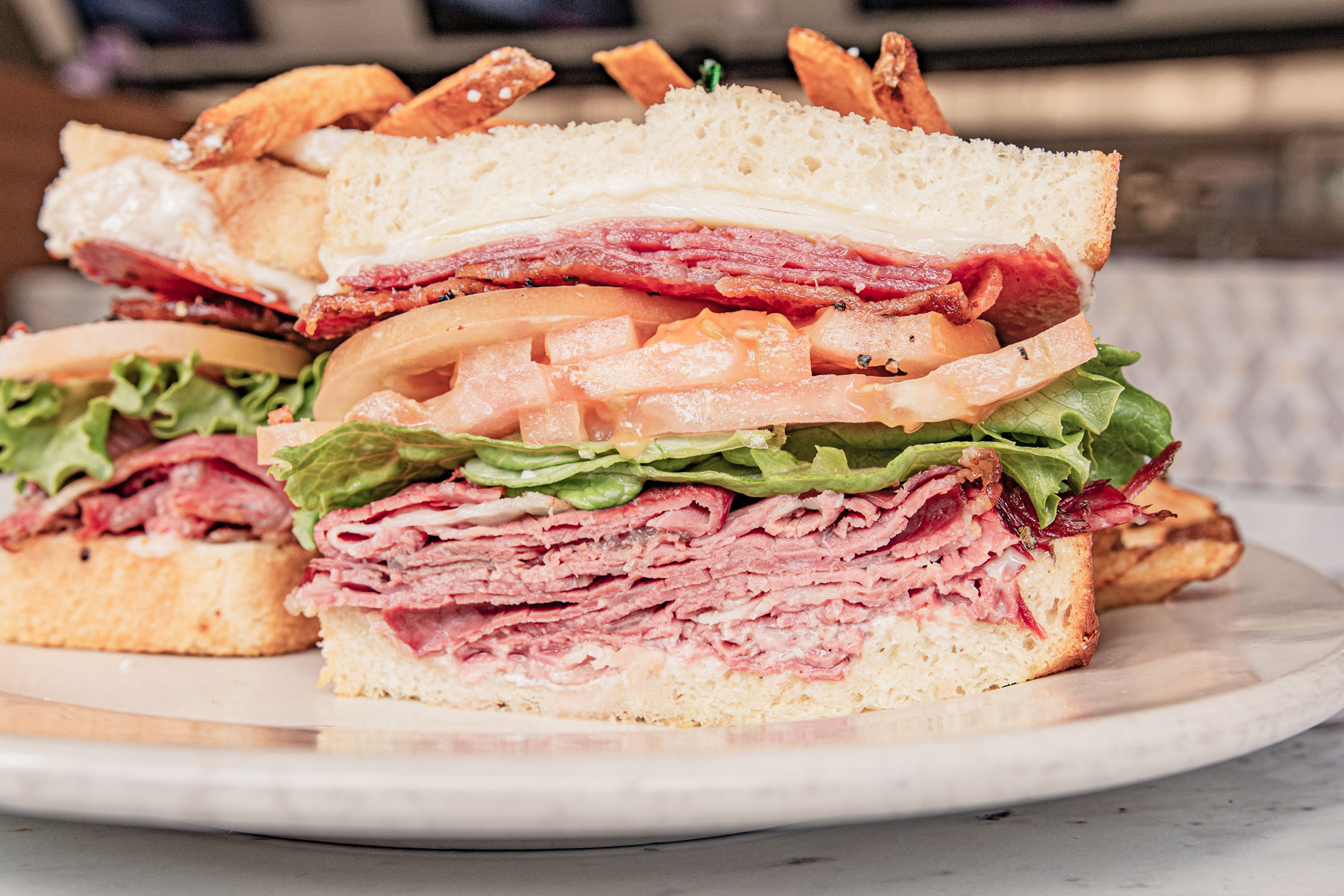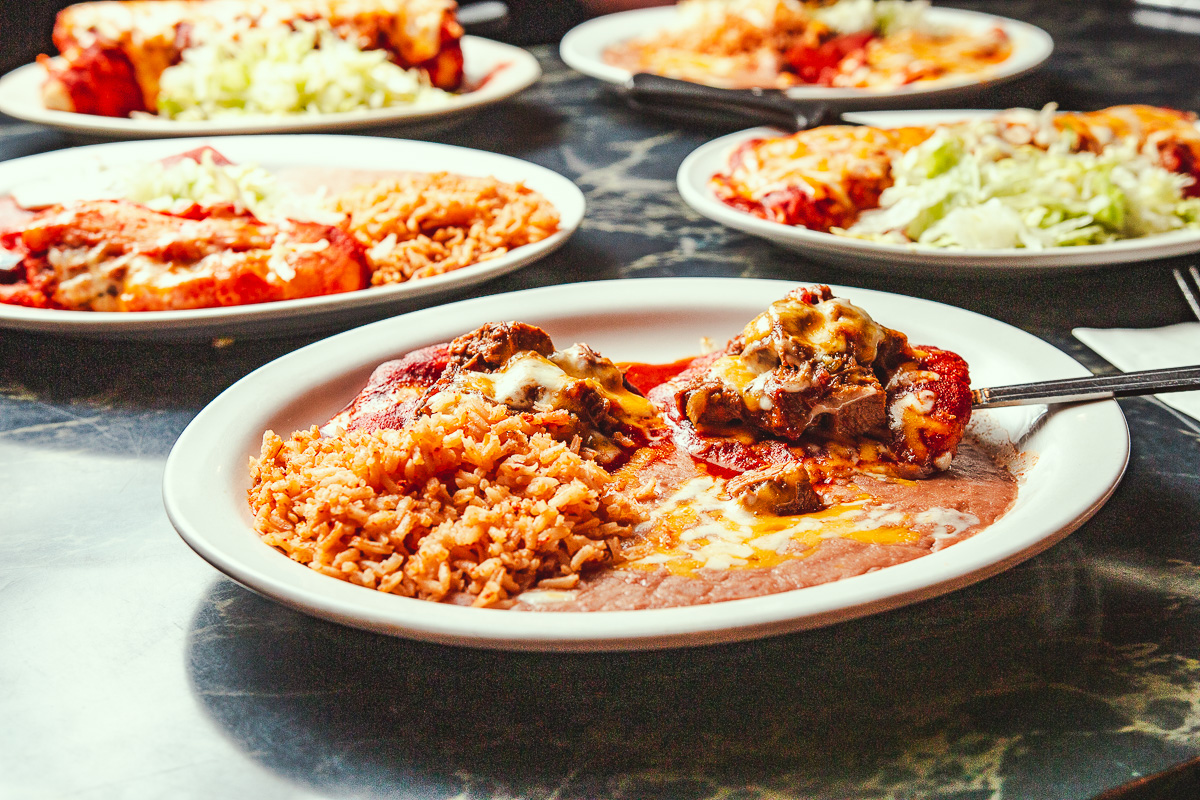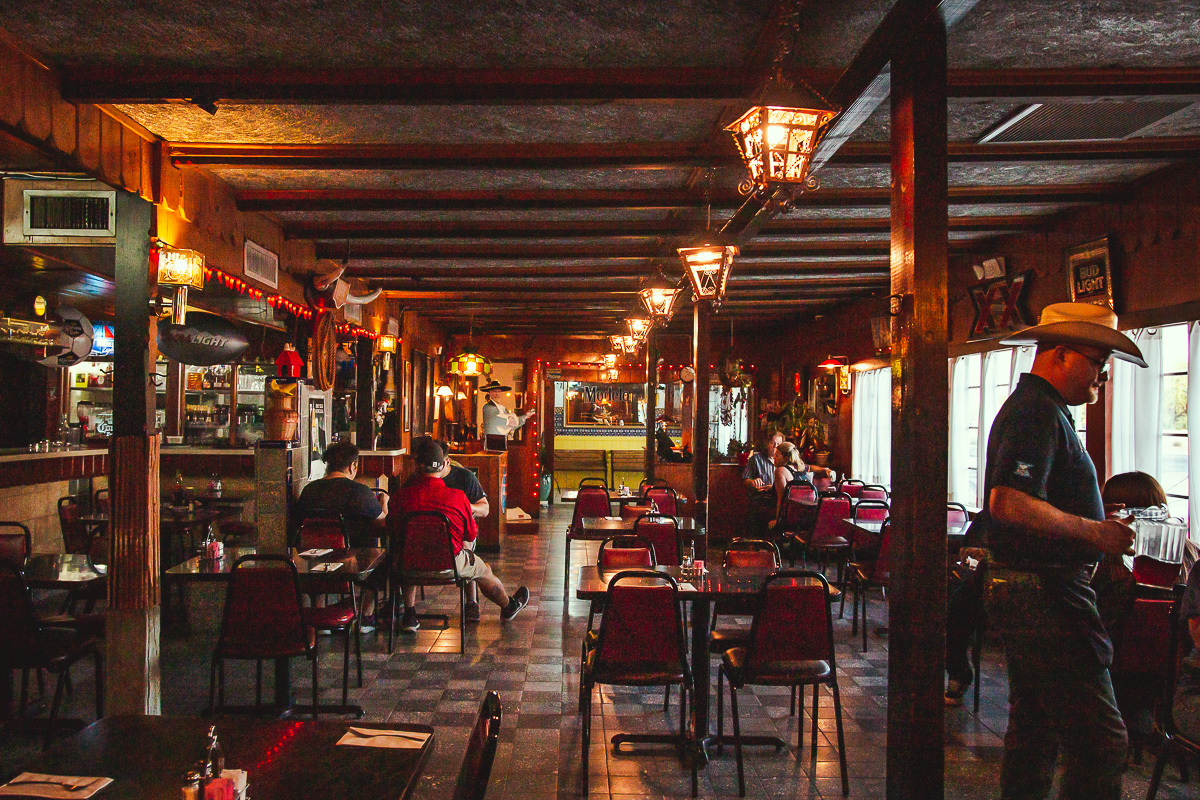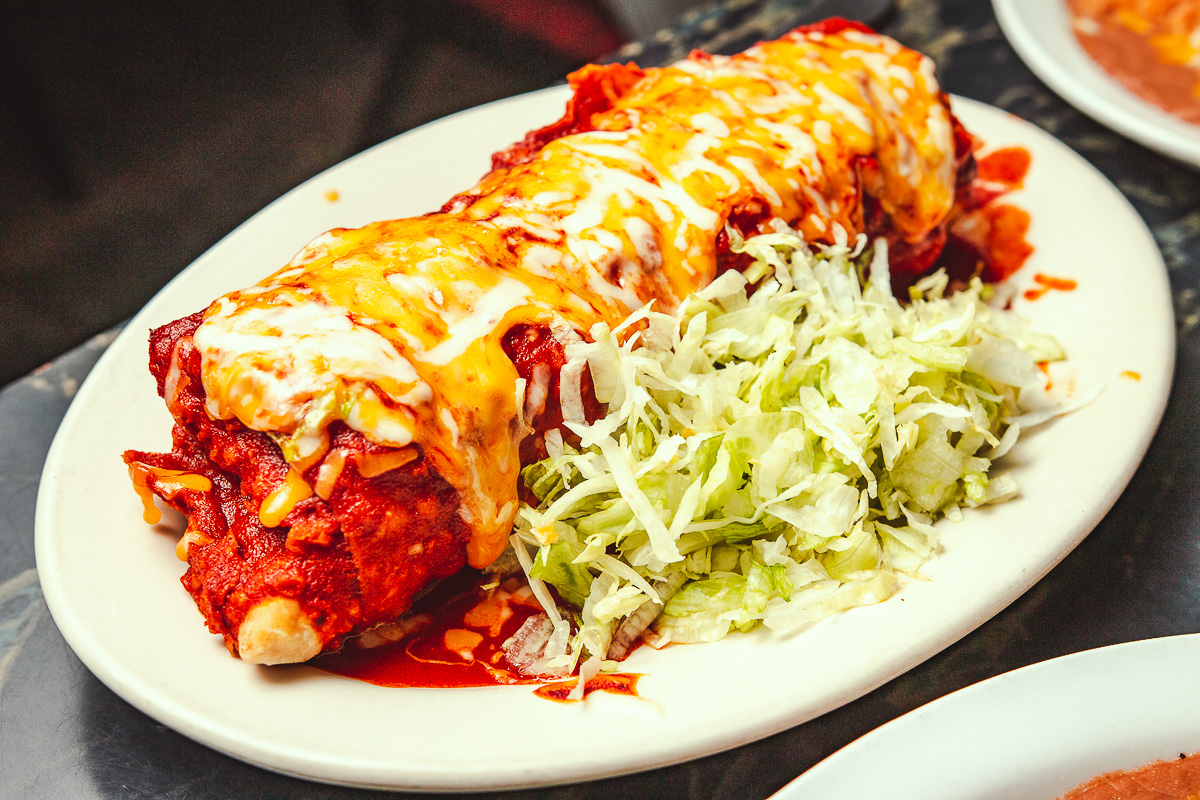
Sometimes, the variation of menu items at the many Mexican restaurants in and around Tucson is so subtle, it’s easy to forget which burrito or enchilada you had where.
This is not the case with the memorable Karichimaka, one of the oldest, and according to fans the most underrated, Sonoran dining establishments in Tucson.
First, there’s that unforgettable name. What does it mean? It’s generally the first question the graceful 83-year-old owner Mary Ann Lopez gets.
Through surviving breast cancer and replaced bones, economic recessions, and worse, she has single-handedly ran the restaurant since she bought it outright in July of 1978.

Without hesitation, Lopez explained the legend behind her establishment’s foreign-sounding singsong nominate.
“Now, I honestly don’t know if this is true,” Lopez warned, smiling, “but the previous owner told me when I bought it that Karichimaka is the Kickapoo Indian word for ‘clear pool of water.’ The owner’s father was from the part of Mexico where the Kickapoo moved from Wisconsin.” (The Kickapoo branch Lopez refers to lives in Coahuila.)
Also memorable is Karichimaka’s longevity. The previous owners opened the restaurant in July 1949. There was no operational downtime between owners, so it’s been in continuous operation at its current location on 13 acres of pristine desert near South Mission and West Irvington Roads for 70 years. It only closes every July for deep cleaning and repairs.
Then there’s the flavor of the food. There’s just something about it that stands out among the rest. The chile relleno batter is extra fluffy. The refried beans are consistent, neither clumpy nor overly salted. The cheese is melty, neither greasy nor separated.
As Lopez explains it, “A taco is a taco, but the difference is in the ingredients.”
She cooks by that credo. For example, she uses special, expensive canola oil in all her recipes.
“My mom passed away in 1986 from a stroke, and I told my kids, ‘we have to start eating healthier,’” Lopez said. “I tried every maker of canola oil until I came across this one out of Colorado. Bungee is the purveyor. It’s a lot more expensive. It doesn’t change the taste, but it’s a lot less greasy. It took three years to perfect (all of our recipes with the new oil). And we don’t use lard in our beans. They’re vegetarian — vegan if you don’t put cheese on them.”
Another example is her distinctive red chile sauce. It has extra depth, but not a lot of smoke. Lopez uses Santa Cruz chile, which she said used to be grown near Tubac until farmers moved operations to California.

“My mom and dad wouldn’t have it any other way. They were still alive in 1978 when I opened up, and every day I imagined them walking in and everything being up to their expectations. And it followed with my customers. Everything had to be consistent and up to their expectations. And that’s what we have always done.”
Lopez refers affectionately to her two chefs, ascribing her business’ longevity mostly to them. There’s Robert Rios — “I took a chance on him 33 years ago. He didn’t know the first thing about cooking.” Then there’s Manuel Chapetti — “I hired him 21 years ago. He was a cook for Denny’s. I’m very fortunate to have been able to teach two people exactly how I want things done, and that they’ve stayed with me nearly since the beginning. I have had loyal employees. We’ve gone through the ups and the downs together,” Lopez said.
Her children have all worked for her at some point or another in their lives; sons Eugene Michael continues to work at the restaurant full-time and Carlos works on the weekends. One of her six great-grandchildren works as a busser.
“The greatest thing that happened to me in my life is my children, and the second greatest is that I’ve never had to borrow money to continue my business. Because if you don’t have the money then, how are you going to pay it back?”
Finally, the most memorable aspect of Karichimaka could be Lopez’ life philosophy.
“Even though I use expensive quality ingredients, I keep my prices low because I want to encourage neighborhood families who can only dine out occasionally. When I started out, I couldn’t ever afford to go out to eat,” she said, “but I want to make sure they can treat themselves.

“Of course, you are in business to make money, but to me, there should be other things involved as well. My purpose is to help people and it always has been. You are rewarded in life when you think of other people, not just about making money.”
Visit Karichimaka at 5252 S. Mission Rd. For more information, including menu and hours, visit karichimaka.com.